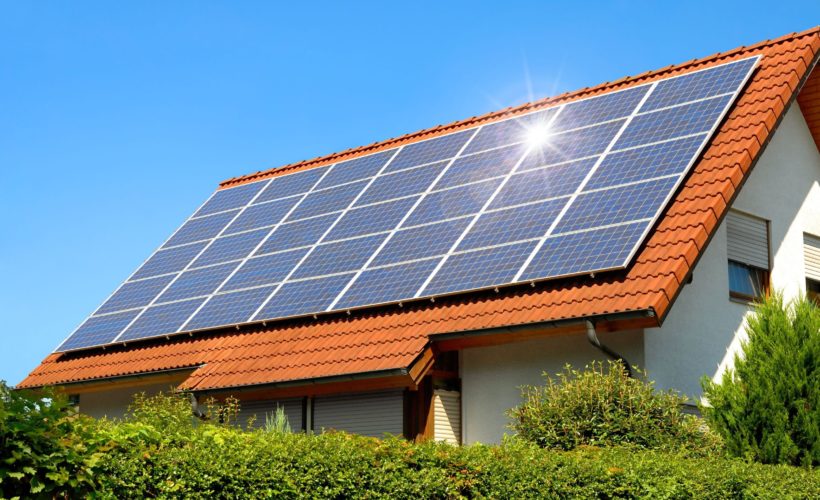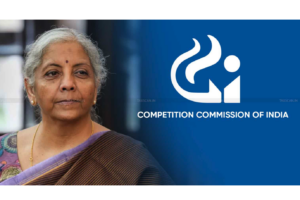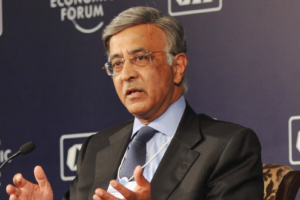
Households owning rooftop solar systems can save up to 95 per cent on their electricity bills, the latest study by the Council on Energy, Environment and Water (CEEW) has found.
The study, undertaken by CEEW in the jurisdiction areas of distribution company (discom) BSES Yamuna Power Ltd (BYPL) in east and central Delhi, also found that residents buying power from a community rooftop solar plant through a subscription plan could save up to 35 per cent on their electricity bills, the discom said in a release on Tuesday.
“These savings have been estimated over the 25-year lifetime of these systems,” it said.
“The Council’s study found that involving electricity distribution companies, designing innovative business models, and introducing financial incentives are a key to scaling up rooftop solar in the residential sector.”
According to the discom, the BYPL-CEEW collaboration resulted in the design of three innovative utility-led models – a community solar model, an on-bill financing model, and a solar partner’s model.
“These models target diverse residential consumers ranging from those living in gated communities to low-income consumers receiving electricity subsidies,” BSES said.
According to the report, key challenges for residential consumers in adopting rooftop solar include high capital cost, lack of access to finance, lack of consumer awareness, issues with roof ownership and access, and a roof lock-in period of 25 years.
According to a CEEW statement, addressing its recently concluded Renewable Energy Dialogue here on the issue, New and Renewable Energy Additional Secretary Praveen Kumar said: “Understanding and resolving challenges faced by households, developers, discoms and financiers will be crucial to speeding up residential adoption of rooftop solar. The government’s proposed SRISTI scheme will ‘rovide much-needed impetus to the sector.”
BYPL Chief Executive PR Kumar said in a statement: “A large portion of BYPL consumers are in the residential segment. Through the CEEW-BYPL collaboration, we are happy to have created ‘fit-for-purpose’ business models that will help to power electricity bills in this segment.”
The discom said the proposed business models could extend the rooftop solar market to all residential consumer segments across India.
“The models highlight options to spur demand for rooftop solar among residential consumers including easy financing and solar subscription plans of varying durations,” it said.
The on-bill financing model allows consumers to pay the cost of the rooftop solar system through savings on electricity bill over a duration of 7-8 years, it added.



